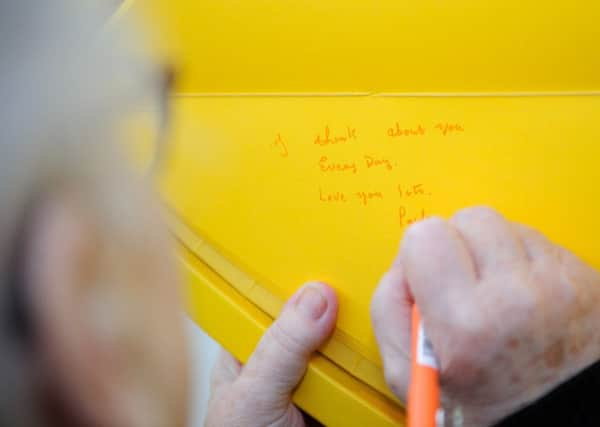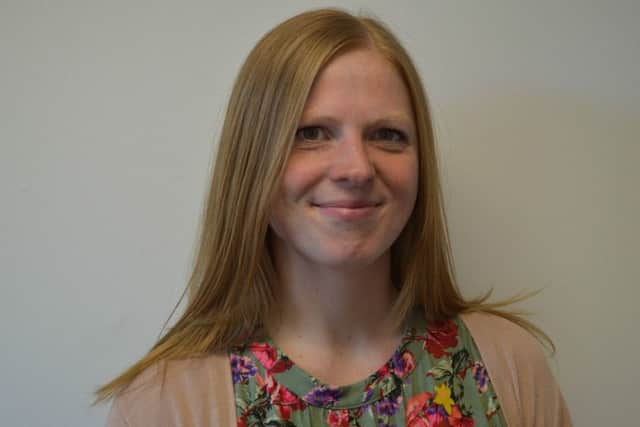Susan Brown: Someone’s life tells its own story – and we’re ready to listen at the end


It simply doesn’t make sense to try and understand someone separately from their story. They have been shaped by it and every thought, attitude or reaction is a part of it. Separating someone from their story is impossible.
In a health and social care setting, it doesn’t really make sense to try and care for someone without knowing what drives, motivates or inspires them, or indeed what they might wish and want. The importance of this will be discussed with health and social care professionals at our Marie Curie Hospice, Edinburgh’s annual conference on person-centred care.
Advertisement
Hide AdAdvertisement
Hide AdThere’s a common perception that healthcare is impersonal so the big focus in Scotland on promoting person-centred care is welcome. Yet often the realities of providing care under declining resources, including money, time and low staffing, can sometimes stop that from happening.


In person-centred care, sometimes knowing the whole story doesn’t make a big difference. In my recent vascular surgery, I was happy that the focus of my care was about helping me to run again and that the surgeon didn’t need to know the rest of my story. You know the part of the story you need.
For someone at the end of life though, understanding their story can make the difference. It can mean someone doesn’t die in fear or alone and eases the grieving process for their loved ones left behind.
At Marie Curie, we care for people living with terminal illness, often at the end of their lives, and we tend to hear more of people’s stories. Palliative care is a more holistic type of support, caring not only for people’s physical symptoms, but also their psychological, social or spiritual needs.
In specialist palliative care settings, like those at Marie Curie, we see people with complex and often multiple conditions, and we often have more interaction with families. One part of the story isn’t good enough here. We need to understand more of it.
Addressing people’s fears, listening to their wishes and understanding their dreams can help people die peacefully, surrounded by the people and things they love. That helps us do a good job.
It’s all about getting to understand how someone came to be where they are and helping them get to where they want or need to be. Of course, for some people, privacy is more important and we work with them to make sure they receive the best possible care too.
What we are acutely aware of though is that we are part of people’s stories and they become part of ours. Many of the people that work for Marie Curie, or support us, have their own stories, of people who have died, or of the care they receive or didn’t receive at the end of life. We are encouraging people to share these stories on social media throughout March. If you would like to join in, please use #EveryDaffodil.
Advertisement
Hide AdAdvertisement
Hide AdA palliative care nurse may become so because his mum didn’t receive the support she needed, like the one in four people still missing out in Scotland. A volunteer fundraiser may be collecting in one of our Great Daffodil Appeal collections this March because the care the Marie Curie hospice provided as their dad died meant the world to them. Or a sister might be wearing a daffodil because of the calm and reassuring way the Marie Curie nurse sat and helped her family grieve after her brother died in his own bed. Behind every daffodil there’s a story and the death of a friend or loved one isn’t the end of that story.
It can also be the beginning of another story making sure that people get the care and support they deserve at the end of life.
It can help inspire others to get involved and it can unite us all in calling for more fair and dignified health and social care services. Every story is important, every story can be powerful, every story can help change the world to be a better place.
Susan Brown is the policy and public Affairs manager at Marie Curie.